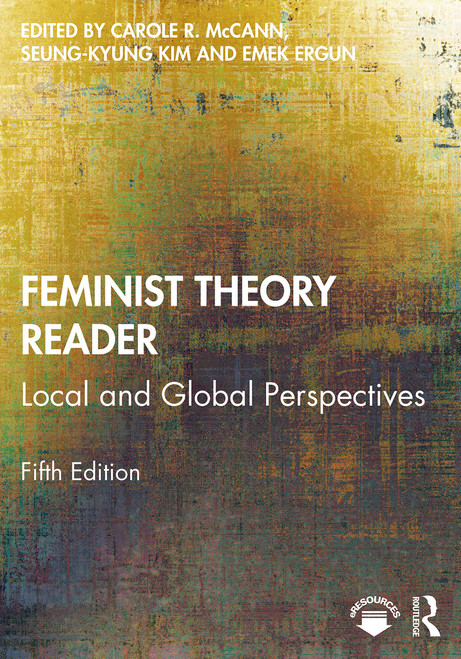***Winner of an English PEN Award 2021*** "Of great value to those interested in the financialisation of everyday life and social reproduction."LSE Review of Books In this sharp evaluation and call to action, authors Luc Cavallero and Vernica Gago defiantly develop a feminist understanding of debt, showing its impact on women and members of the LGBTQ+ community and examining the relationship between debt and social reproduction. Exploring the link between financial activity and the rise of conservative forces in Latin America, the book demonstrates that debt is intimately linked to gendered violence and patriarchal notions of the family. Yet, rather than seeing these forces as insurmountable, the authors also show ways in which debt can be resisted, drawing on concrete experiences and practices from Latin America and around the world. Chapters include: *Debt and Social Reproduction *Debt as a Counter-revolution of Everyday Life *The writing on the Body of Women *Neither Victims not Entrepreneurs *Feminist Insubordination and Fascist Neoliberalism *The Patriarchy Has My Missing Contributions *Hunger and Gender Mandates *Us Against Debt The authors state in their Introduction, Our investigations and activism show that there is an urgent need to develop a specifically feminist analysis of finance. Here we do so by bringing together methodological elements, political hypotheses, and narratives of practices elaborated by the feminist movement that are challenging finance. Featuring interviews with women in Argentina and Brazil, the book reveals the real-life impact of debt and how it falls mainly on the shoulders of women, from the household to the wider effects of national debt and austerity. However, through discussions around experiences of work, prisons, domestic labor, agriculture, family, abortion and housing, a narrative of resistance emerges.
A Feminist Reading of Debt (Mapping Social Reproduction Theory)
MSRP:
Was:
Now:
$25.21 - $33.14
(You save
)
(No reviews yet)
Write a Review

Write a Review

A Feminist Reading of Debt (Mapping Social Reproduction Theory)
- SKU:
- UPC:
- 9780745341729
- Maximum Purchase:
- 2 units
- Binding:
- Paperback
- Publication Date:
- 4/20/2021
- Release Date:
- 4/20/2021
- Author:
- Cavallero, Luc
- Language:
- English: Published; English: Original Language; English
- Pages:
- 112

SAGE Publications, Inc
Mapping the Social Landscape: Readings in Sociology
MSRP:
Was:
Now:
$138.00 - $172.50

Routledge
Social Theory: The Multicultural, Global, and Classic Readings
MSRP:
Was:
Now:
$35.68 - $78.94

Crossing Press
Politics of Reality: Essays in Feminist Theory (Crossing Press Feminist (Paperback))
MSRP:
Was:
Now:
$14.17 - $21.14

Oxford University Press
Gendered Voices, Feminist Visions: Classic and Contemporary Readings
MSRP:
Was:
Now:
$19.37 - $108.44

Rand McNally
Rand McNally Easy to Read Folded Map: Virginia State Map
MSRP:
Was:
Now:
$14.29 - $16.09

Rand McNally
Rand McNally Easy To Read Folded Map: Florida State Map
MSRP:
Was:
Now:
$14.29 - $16.09
!



